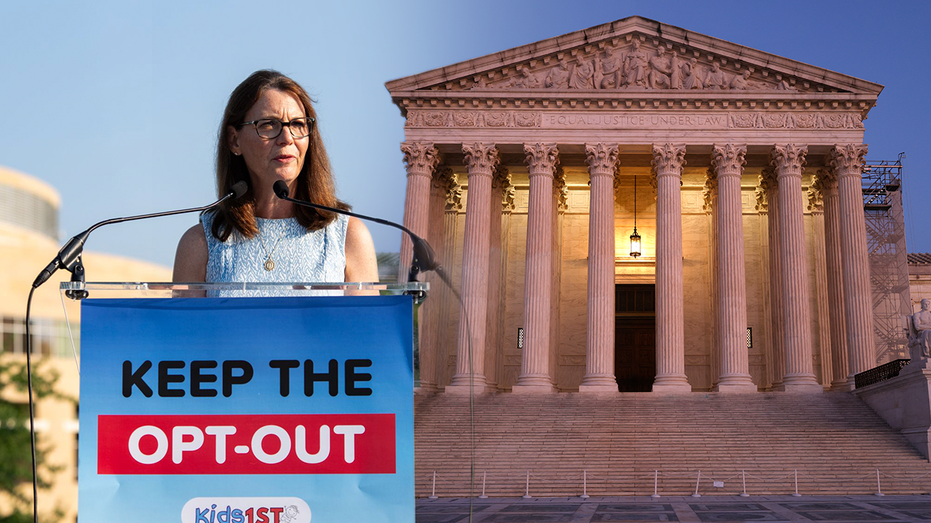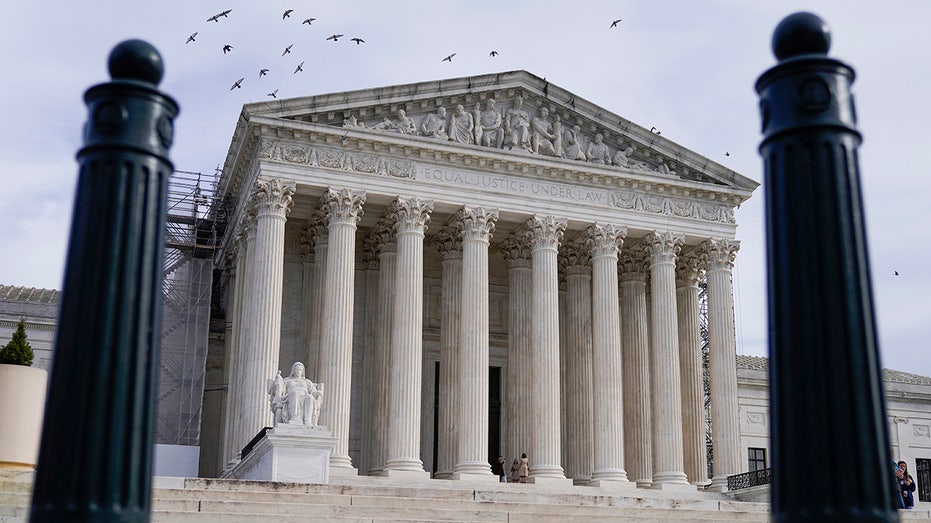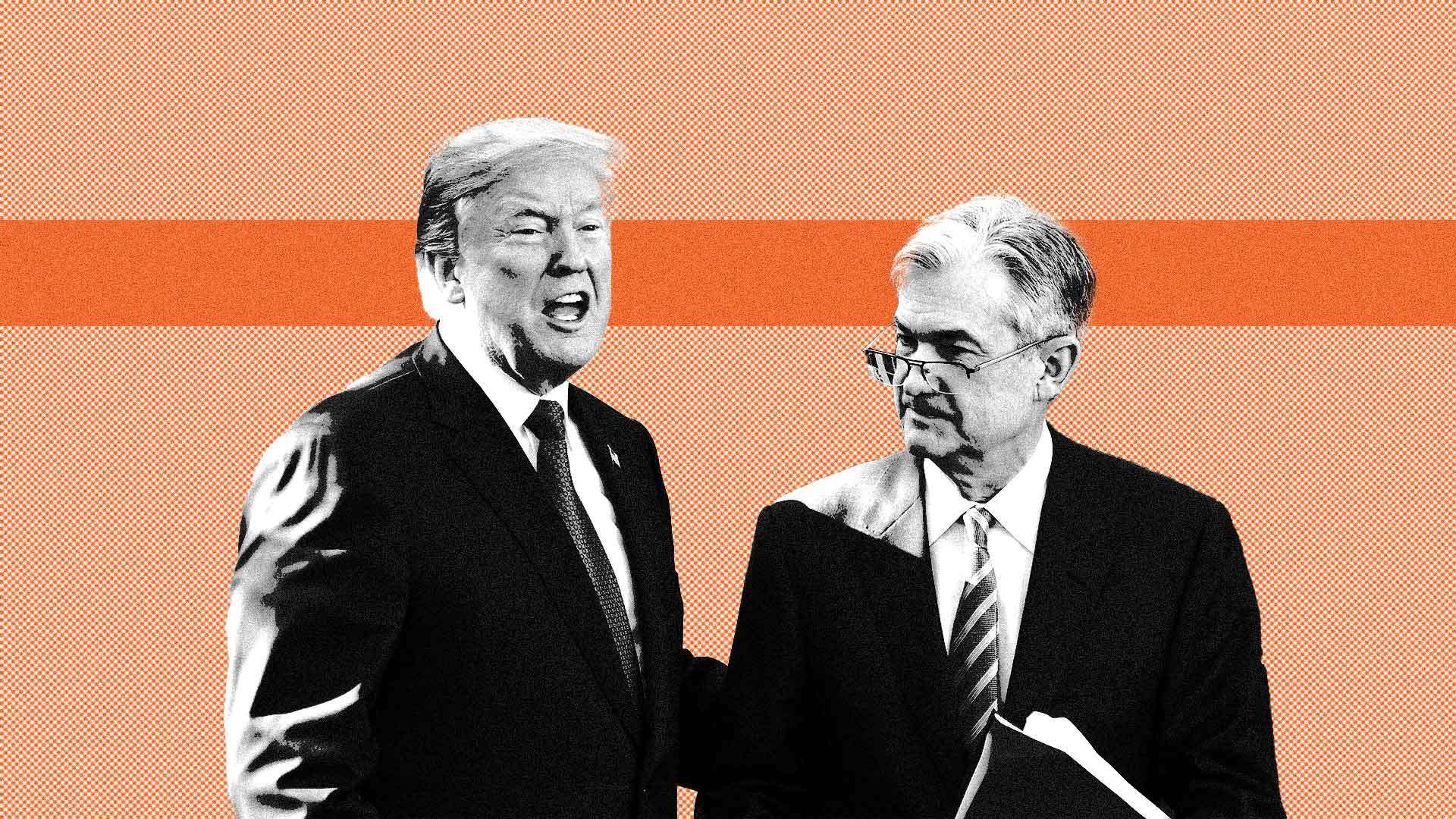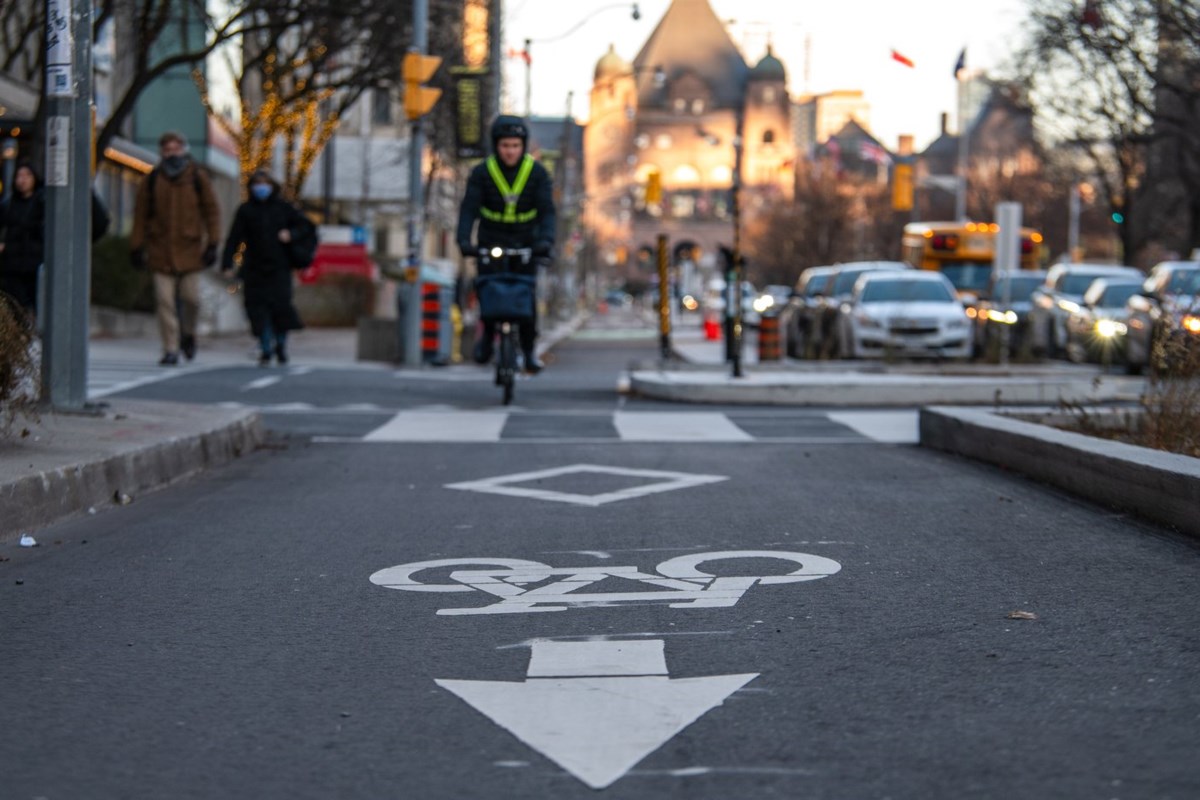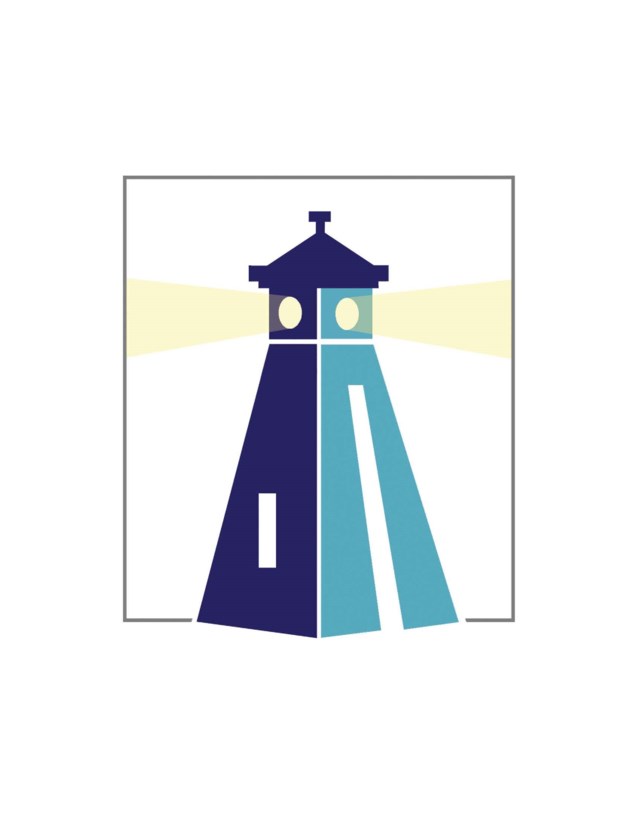A treacherous journey through the Sahara: Kukua’s tale of survival
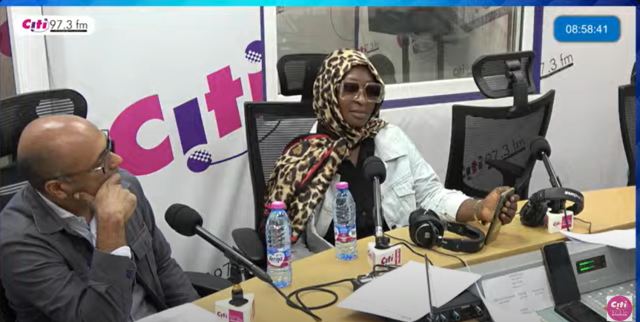
In 2014, Kukua, a vibrant young Ghanaian woman with a cosmetic shop, was enticed by a friend’s alluring proposition: Libya, a land brimming with opportunity where she could earn 3,000 cedis monthly. The prospect was irresistible. Driven by dreams of a better life, she sold her shop, entrusted the money to her friend, and embarked on a journey that would irrevocably alter her life. The reality that unfolded was not the promised golden opportunity but a harrowing ordeal across the Sahara Desert, a journey marked by peril, deception, and remarkable resilience. This is her story, shared on the Citi Breakfast Show on Citi FM and retold as a powerful testament to human endurance. THE ROAD TO NOWHERE Kukua’s journey began with a startling revelation: the trip to Libya was not by air but by road, a grueling trek for which she was utterly unprepared. “I had no idea what I was going to face,” she admitted. The journey commenced with a three-day drive from Ghana to Togo, followed by another three from Togo to Niger. Language barriers at border posts created tense situations as soldiers who spoke only French or Hausa searched travelers, confiscated money, and sometimes physically assaulted those who couldn’t communicate. “If you can’t speak French or Hausa, you’re in danger,” Kukua recalled. After days of travel, the group reached the Sahara Desert, where the true nightmare began. For two days, they were confined to an open, fenced area, sleeping on the bare ground alongside strangers from across Africa—individuals lured from markets, clubs, or streets with the same false promises of prosperity. Some women were so scantily clad that Kukua, moved by compassion, shared her own clothes to help them adhere to local customs. The desert was a crucible of desperation, where hope intertwined with fear. THE DESERT’S CRUEL GRIP The journey continued in the back of a 4×4, with Kukua and others packed tightly, clutching sticks for stability as the vehicle sped across the dunes. The Sahara was merciless. “You see human bones because people have died and couldn’t survive,” Kukua said, her voice heavy with the memory. The desert was littered with the remains of those who had succumbed to its brutality. Drivers, running low on fuel, sometimes abandoned passengers with empty promises of return. Those left behind faced almost certain death. Water was scarce, and at one stop, the group relied on cattle herders for supplies. Even this came with risks, as some herders wielded guns and knives. The journey was a relentless test of survival. If someone fell from the speeding vehicle, the driver rarely stopped. “We Africans sometimes try to help,” Kukua noted, but only the strong were picked up; the weak were left to the desert’s mercy. Kukua, once playful and carefree in Ghana, was now confronting a reality starkly different from the rosy promises that had swayed her. GATRON: A HUB OF HORROR Having survived the desert, Kukua arrived in Gatron, Libya, where the ordeal took a darker turn. She was herded into a room, awaiting distribution to unknown contacts. Those without family to call for ransom faced brutal beatings. “It’s a whole network,” she explained. “If you don’t have money to pay, they beat you, sell you, or kill you.” Human trafficking thrived in Gatron, with victims spanning all ages. Kukua witnessed the horrors firsthand, a stark contrast to the opportunity she’d been promised. From Gatron, she was transported to Sabha, then to a place she referred to as “Black.” There, she found work as a house help through a friend’s connection. For ten years, she toiled in Libya, navigating an environment marred by violence and instability. “If you’re a Christian, you’re in danger,” she said, recounting the chaos of ISIS-related killings and kidnappings. Life in Libya was a constant struggle, isolated from family and community. Fear permeated even basic needs—many avoided hospitals, terrified of arrest or worse. A LONG-AWAITED RETURN Kukua’s decade in Libya was a testament to her resilience, but the toll was immense. “I was tired of everything,” she said. In a stroke of fortune, she connected with the Ghana Embassy, which introduced her to a programme that facilitated her return. Last year, she came home to Ghana, bringing with her three children, all safe and well. Her relief was palpable, but her story carried a warning: “I will advise that no one tries that. It is not easy at all.” KUKUA’S CALL AGAINST ILLEGAL MIGRATION Kukua’s journey is more than a personal tale—it’s a clarion call to heed the dangers of deceptive promises. Countless Ghanaians remain trapped in Libya, yearning for a way back but lacking the means. Her story, raw and unfiltered, showcases the perils of human trafficking and the resilience of the human spirit. As she rebuilds her life in Ghana, Kukua’s message is clear: no promise of wealth is worth the Sahara’s deadly gamble. If you’re moved by Kukua’s story, share it to raise awareness. And if you’re ever tempted by a too-good-to-be-true offer, remember her words: “It is not easy at all.” This story is based on Kukua’s interview on Citi FM’s Citi Breakfast Show, retold to honour her courage and warn others of the dangers she faced.








